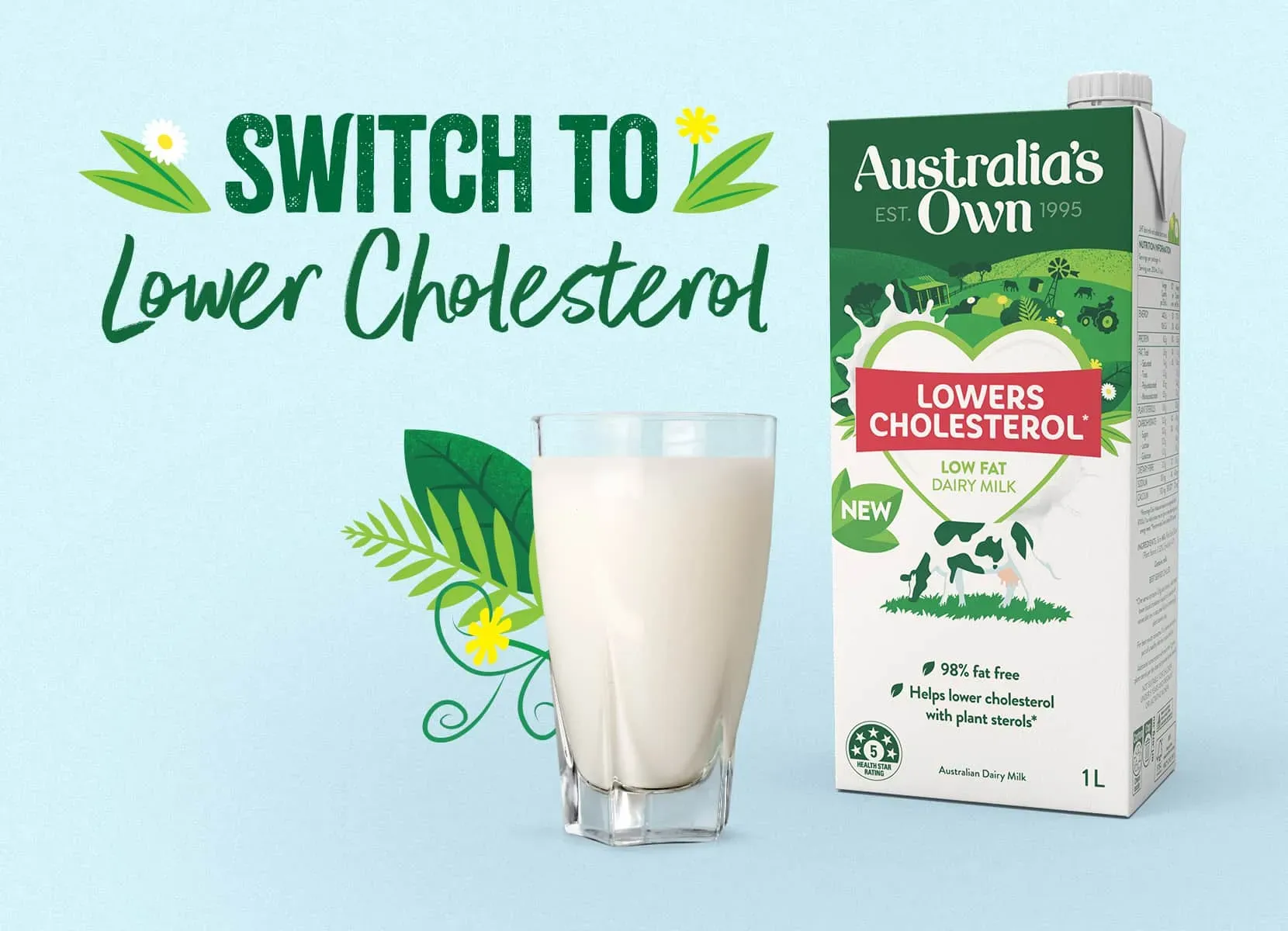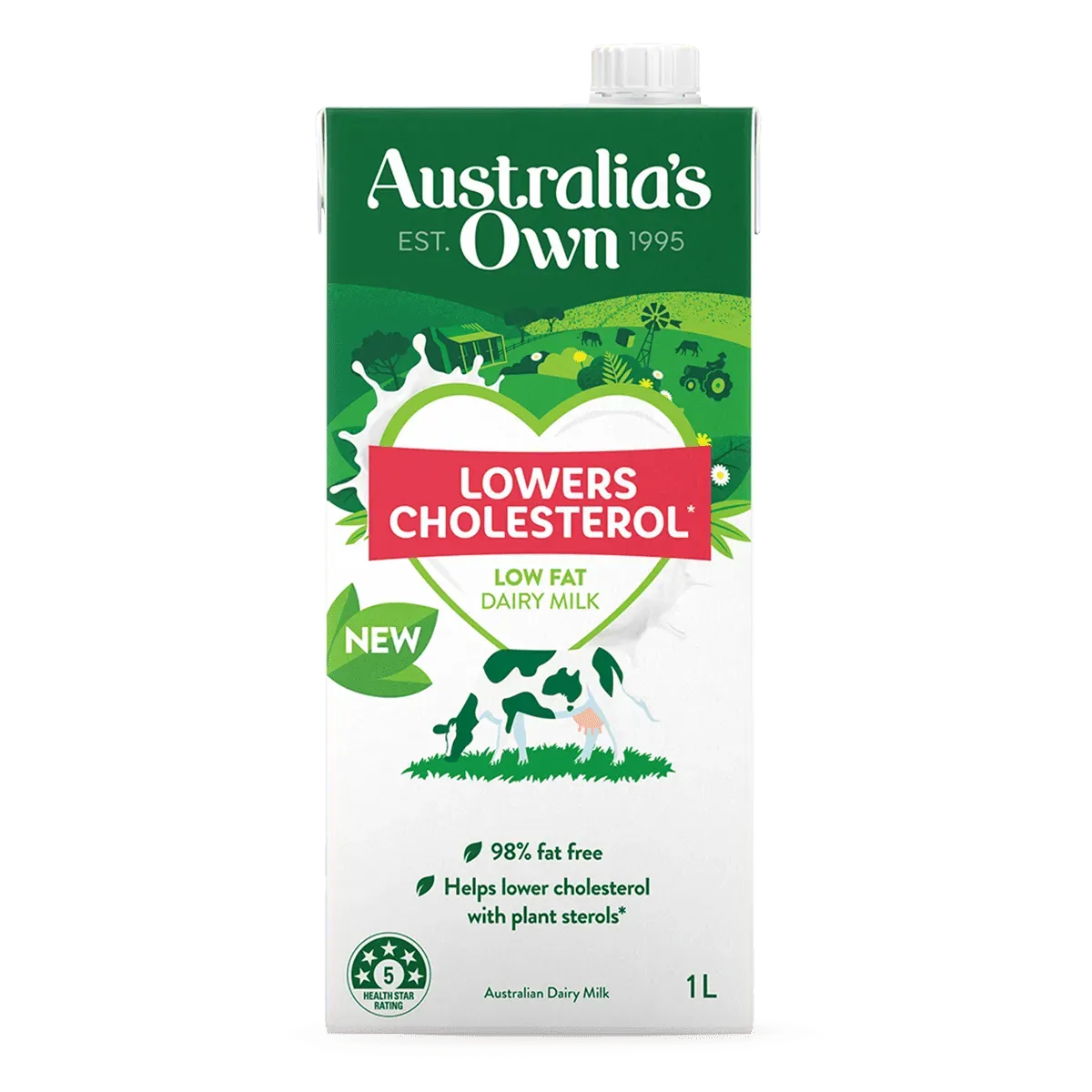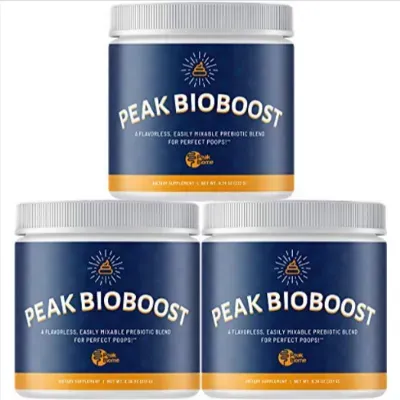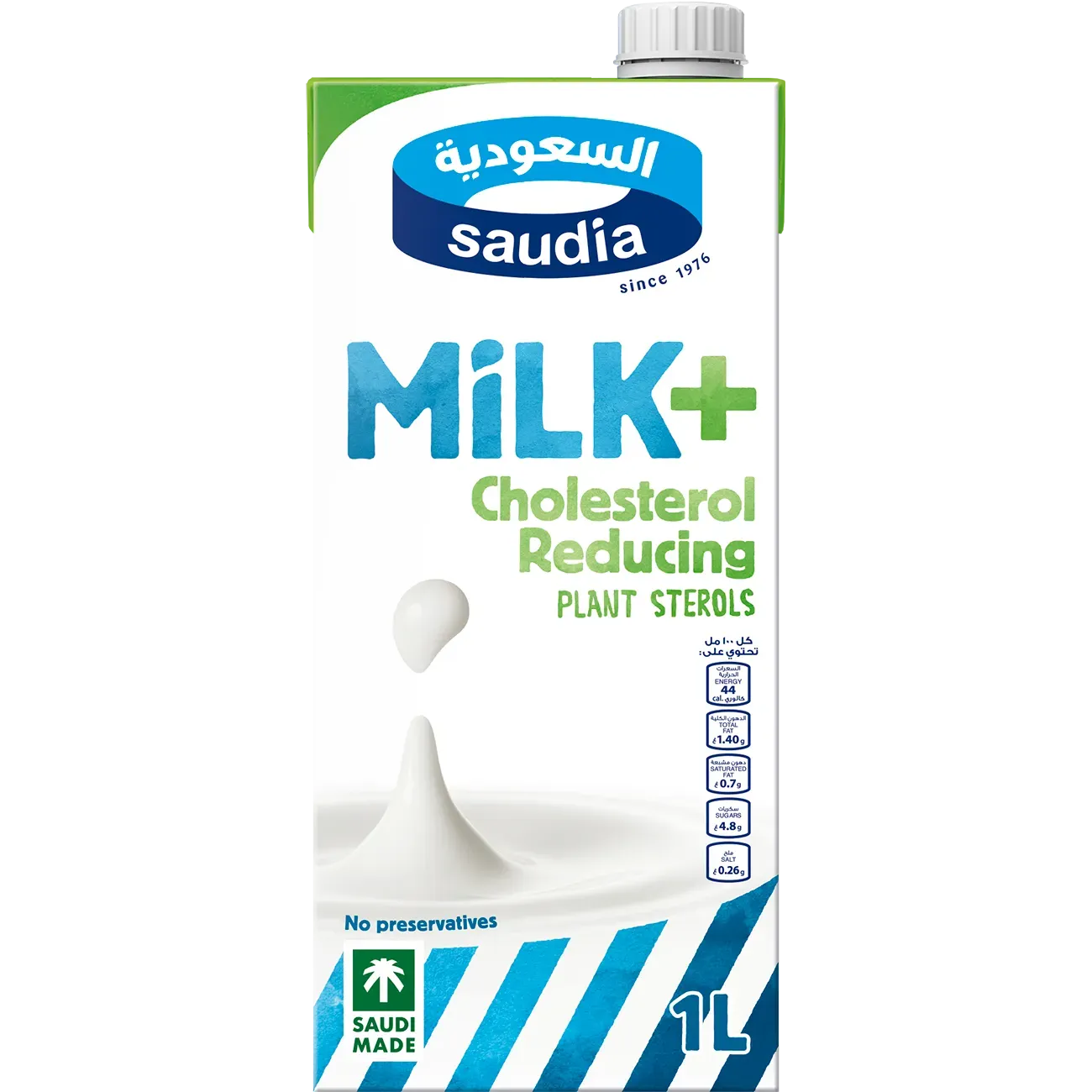Table of Contents
You're standing in the dairy aisle, staring at a wall of milk cartons. Whole milk, 2%, 1%, skim, almond, soy, oat... and you're thinking, "Which one won't send my cholesterol through the roof?" It's a fair question, especially if you're keeping an eye on your heart health. For years, we heard that dietary cholesterol, like the kind found in milk, was the main culprit behind high blood cholesterol. The focus often landed squarely on reducing intake, leading many to automatically reach for low fat milk cholesterol options.
The Real Story on Dietary Cholesterol and Your Body

The Real Story on Dietary Cholesterol and Your Body
Dietary Cholesterol Isn't the Boogeyman We Once Thought
For decades, dietary cholesterol got a seriously bad rap.
If you ate eggs, shrimp, or yes, even dairy, the common wisdom was you were practically asking for clogged arteries.
We were told to cut back drastically on cholesterol-rich foods.
Turns out, for most people, what you eat has a much smaller impact on your blood cholesterol levels than we initially believed.
Your liver is actually the main control center.
It produces cholesterol based on your body's needs.
When you eat more cholesterol, your liver often compensates by producing less.
It's a pretty neat balancing act.
Think of it like your body has its own internal cholesterol factory, and it adjusts production based on how much raw material (dietary cholesterol) comes in.
What Actually Moves the Needle on Blood Cholesterol?
So, if dietary cholesterol isn't the main villain, what is?
The science points a much stronger finger at saturated and trans fats.
These fats, found in things like fatty meats, butter, and yes, full-fat dairy, tell your liver to produce *more* cholesterol, specifically the LDL ("bad") kind.
Added sugars can also play a role by negatively impacting your lipid profile.
Lifestyle factors matter big time too.
Regular exercise helps boost your HDL ("good") cholesterol and improve your overall cholesterol picture.
Smoking trashes your cholesterol levels and blood vessels.
Genetics also deal you a hand; some people are just predisposed to higher cholesterol regardless of diet.
Understanding this distinction is key to making informed choices about everything you eat and drink, including whether low fat milk cholesterol is the only factor to consider.
Factors influencing blood cholesterol more than dietary cholesterol (for most people):
- Saturated Fat Intake
- Trans Fat Intake
- Added Sugar Consumption
- Exercise Levels
- Smoking Status
- Genetics
- Body Weight
Comparing Low Fat Milk Cholesterol to Whole Milk

Comparing Low Fat Milk Cholesterol to Whole Milk
The Dairy Face-Off: Skim vs. Full Cream
let's get down to the creamy (or not-so-creamy) truth about dairy milk itself. For ages, the conventional wisdom pushed everyone towards low fat milk cholesterol options as the automatic "healthy" choice, primarily to dodge that dietary cholesterol bullet. An 8-ounce glass of whole milk packs around 149 calories, about 8 grams of total fat, and roughly 24 milligrams of cholesterol. Compare that to skim milk (which is essentially fat-free milk): you're looking at closer to 80 calories, almost zero fat, and maybe 5 milligrams of cholesterol. The difference in dietary cholesterol is there, sure, but remember that bit about your liver adjusting? The more significant difference, especially for heart health, lies in the saturated fat content. Whole milk has around 4.5 grams of saturated fat per serving, while skim milk has virtually none. This saturated fat is what has a more direct impact on raising your LDL cholesterol levels for many people.
Breaking Down NonDairy Options and Saturated Fat

Breaking Down NonDairy Options and Saturated Fat
Beyond the Cow: What About Almond, Soy, and Oat?
so we've dissected dairy, looking at low fat milk cholesterol versus the full-fat stuff. But what if you're not doing dairy at all? The non-dairy milk aisle has exploded. You've got almond, soy, oat, rice, coconut, cashew, hemp... the list goes on. It's easy to assume these are all automatically "better" for cholesterol, but it's not that simple. Each one has its own nutritional scorecard. Almond milk, for instance, is often very low in calories and fat, but it can also be low in protein unless fortified. Soy milk is nutritionally closer to cow's milk in terms of protein but some people have concerns or allergies. Oat milk is popular but can be higher in carbs and sometimes added sugars depending on the brand. Coconut milk is where you need to be careful; while delicious, it's often quite high in saturated fat, potentially more than even whole cow's milk, which *absolutely* impacts cholesterol levels. So, while they contain no dietary cholesterol (because they aren't animal products), their fat profile, especially saturated fat, is the key factor to consider for heart health.
Making Your Milk Choice for Heart Health

Making Your Milk Choice for Heart Health
Putting It All Together: What's Your Best Bet?
Alright, so after wading through the dietary cholesterol debate, comparing whole milk to low fat milk cholesterol options, and dissecting the non-dairy jungle, where does that leave you standing in the grocery aisle? The truth is, there isn't one single "perfect" milk for everyone's heart health. It really boils down to your individual needs, your overall diet, and what other risk factors you might have. If you're managing high cholesterol or heart disease, minimizing saturated fat is usually priority number one. That's where choosing skim or 1% dairy milk, or opting for a non-dairy alternative that's also low in saturated fat, becomes a pretty solid move. Remember, while low fat milk cholesterol content is lower than whole milk, the saturated fat difference is often the more impactful factor for many people's LDL levels.
Reading the Label: Beyond Just Cholesterol Numbers
Forget just glancing at the cholesterol number on the nutrition facts panel. For Making Your Milk Choice for Heart Health, train your eyes on the "Saturated Fat" line first. That's your primary target if you're trying to keep your LDL in check. Aim for the lowest saturated fat content you can find that still fits your taste and dietary needs. Also, peek at the calorie count and added sugars, especially in flavored milks or some non-dairy blends. While not directly cholesterol, excess calories and sugar can contribute to weight gain and other metabolic issues that negatively affect heart health. Don't forget to check for fortification; many milk alternatives are fortified with calcium and Vitamin D, nutrients cow's milk naturally provides, which are important for overall health.
When choosing milk for heart health, focus on:
- Lowest Saturated Fat Content
- Lower Calorie Count
- Minimal Added Sugars
- Adequate Calcium and Vitamin D (check fortification)
- Your Personal Tolerance and Taste
Picking Your Milk: Beyond Just Low Fat Cholesterol
So, after wading through the cartons and the science, where does that leave you? The simple takeaway isn't just "go for low fat milk cholesterol and everything is fine." It's more complicated, as most things related to diet tend to be. While low-fat dairy does contain less saturated fat than whole milk, which is a plus for many watching their heart health, the impact of dietary cholesterol itself from milk is often less significant than previously thought for most people. Non-dairy milks offer variety, but they aren't all automatically healthier; some pack plenty of saturated fat (looking at you, coconut milk) or lack essential nutrients unless fortified. Ultimately, the "right" milk is the one that fits your overall diet, taste preferences, and specific health needs. No single milk is a magic bullet, and focusing on the bigger picture of saturated fat intake and overall dietary patterns probably matters more than fixating on the cholesterol number on the milk carton alone.
